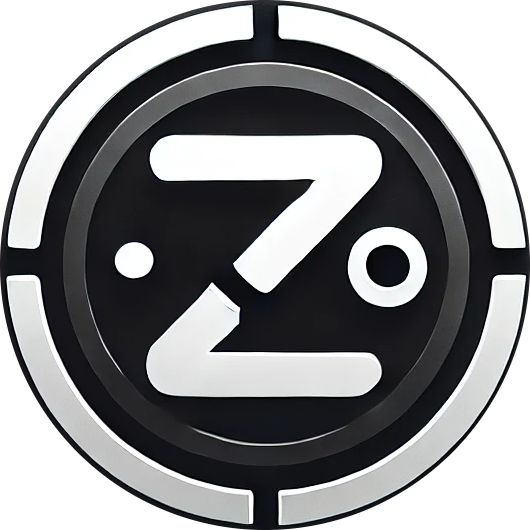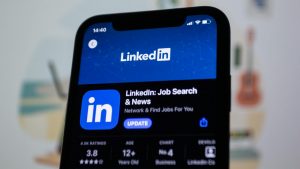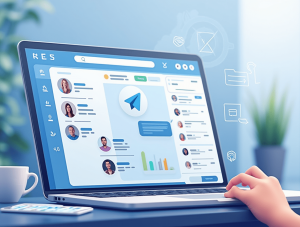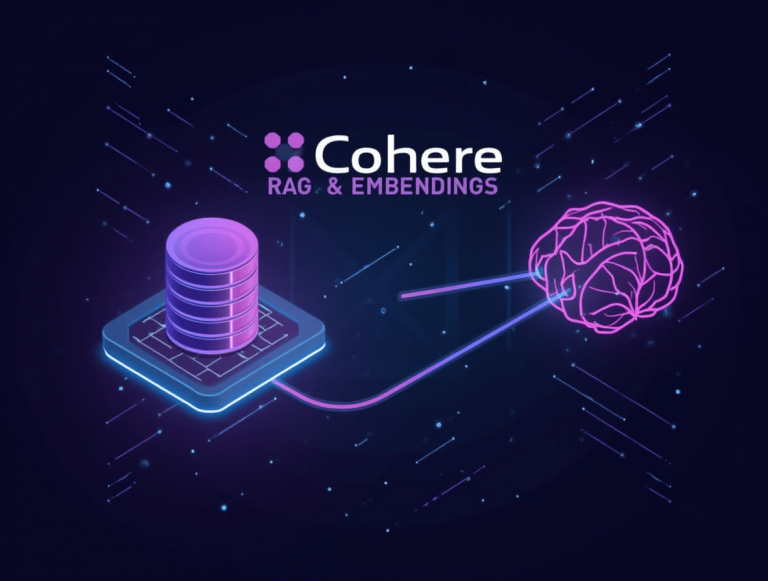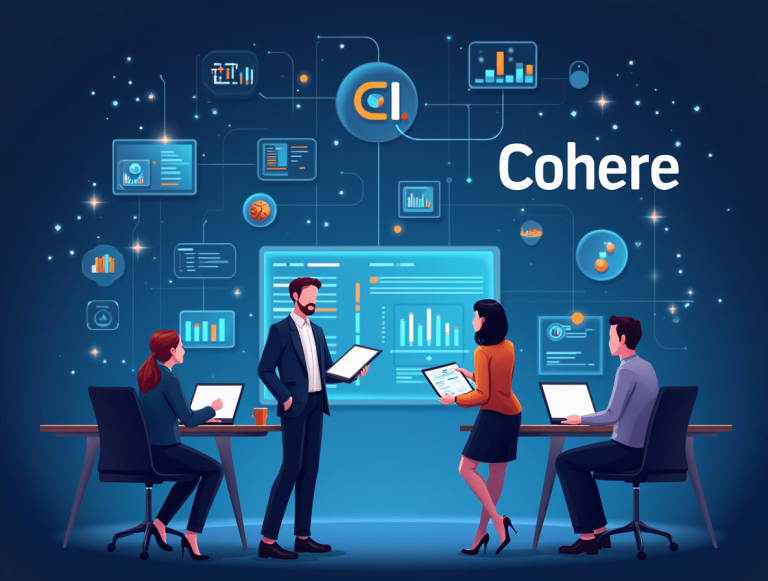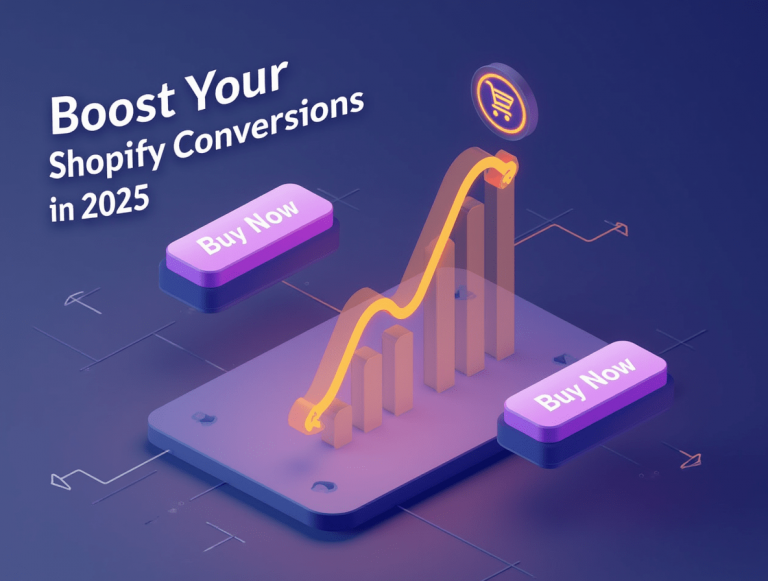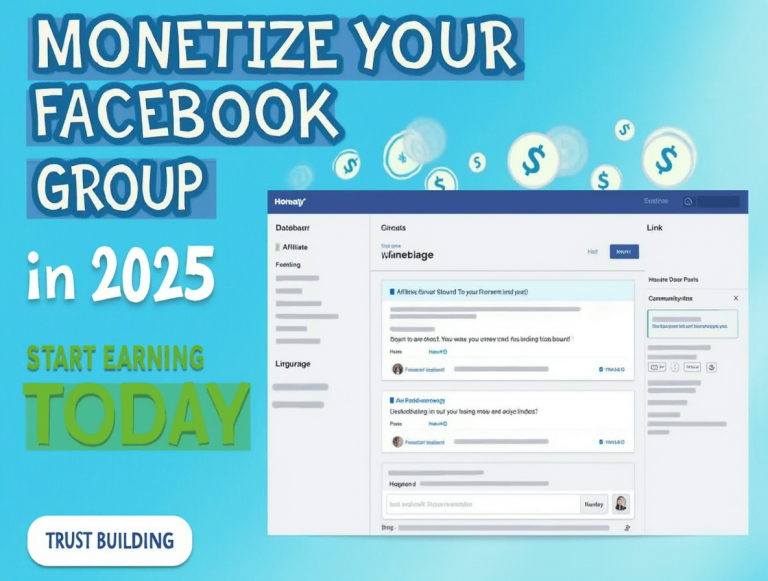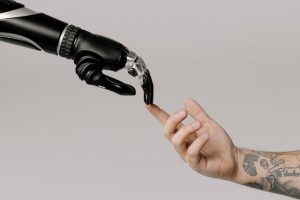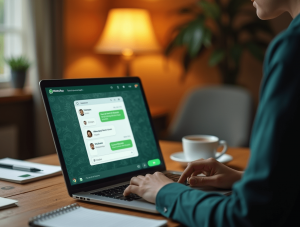
Artificial Intelligence (AI) is transforming industries worldwide, redefining the way people work, communicate, and collaborate. From automating repetitive tasks to enhancing productivity and decision-making, AI is reshaping the workplace as we know it. While some fear job displacement, AI also creates new opportunities and demands for different skill sets. In this article, we explore how AI is changing the future of work and what it means for businesses and employees.
The Role of AI in the Workplace
AI is no longer a futuristic concept—it is actively shaping workplaces across various industries. Here’s how AI is impacting work environments today:
1. Automation of Repetitive Tasks
Many industries rely on AI-powered automation to streamline operations. Tasks like data entry, email sorting, and customer inquiries are now handled by AI, freeing employees to focus on higher-value work.
Example: AI chatbots like Drift and Intercom are used to manage customer service queries, reducing human intervention while improving response times.
2. Enhanced Decision-Making
AI-powered analytics and predictive tools help businesses make data-driven decisions faster and more accurately.
Example: Companies like IBM Watson use AI to analyze large data sets and provide insights for healthcare, finance, and marketing.
3. AI in Recruitment and HR
HR departments leverage AI to streamline hiring processes, analyze resumes, and match candidates to job roles more efficiently.
Example: Platforms like HireVue use AI to assess candidate interviews and predict job performance.
4. AI-Generated Content and Creativity
AI tools are now assisting in content creation, graphic design, and even music production.
Example: Jasper AI and Copy.ai generate marketing copy, blog posts, and social media content.
5. Improved Workplace Productivity
AI-powered assistants like ChatGPT help employees with research, email drafting, and brainstorming ideas.
AI’s Impact on Jobs: Threat or Opportunity?
AI is often associated with job loss due to automation, but it also creates new opportunities in emerging fields.
Jobs Most Impacted by AI
- Data Entry Clerks
- Telemarketers
- Retail Cashiers
- Manufacturing & Assembly Line Workers
Jobs Emerging Due to AI
- AI and Machine Learning Engineers
- Data Scientists
- Automation Specialists
- AI Ethics Consultants
How to Adapt to AI in the Workplace
- Upskill and Reskill: Learning AI-related skills like coding, data analysis, and machine learning will make professionals more competitive.
- Embrace AI as a Tool: Rather than replacing jobs, AI complements human skills, allowing workers to focus on creativity and critical thinking.
- Stay Updated on AI Trends: Platforms like Coursera and Udacity offer AI courses to help employees stay ahead.
The Future of AI in Workplaces
The AI-driven workplace will continue evolving with innovations such as:
- AI-powered Virtual Assistants: AI will manage schedules, emails, and administrative tasks.
- AI-Augmented Collaboration: AI will enhance teamwork through smart project management tools.
- Ethical AI Governance: Companies will implement policies to ensure ethical AI use in hiring and decision-making.
Conclusion
AI is changing the future of work by automating tasks, improving productivity, and introducing new career opportunities. While certain jobs may be replaced, AI will also create demand for new skills and innovative roles. To thrive in the AI-driven era, employees and businesses must embrace AI as a tool for growth and adaptation.
For more insights on AI in the workplace, visit Harvard Business Review and MIT Technology Review.
